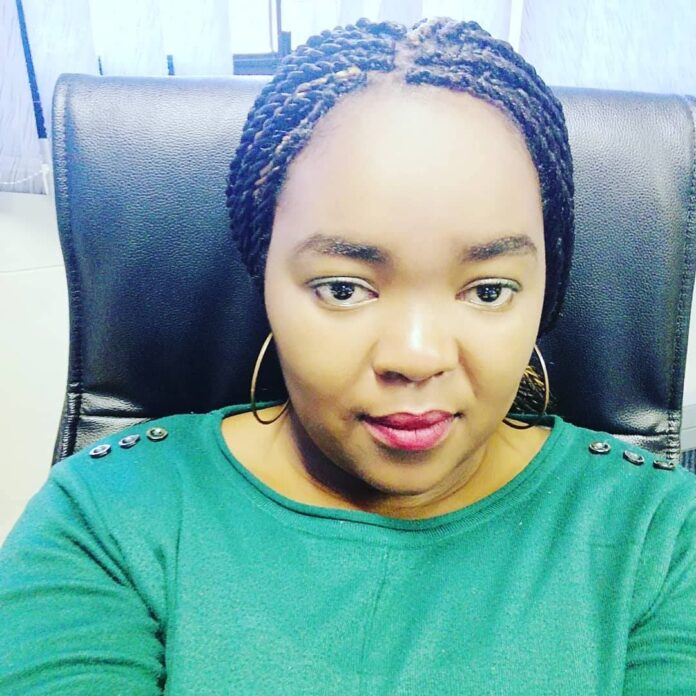The National Energy Regulator of South Africa (Nersa) has thrown its weight behind Eskom’s controversial load reduction, arguing that it was meant to safeguard energy infrastructure.
Vuyiswa Magubane, Nersa’s regulatory specialist, was speaking at the South African Human Rights Commission’s (SAHRC) national inquiry on the impact of load reduction on Tuesday.
Illegal connections, electricity theft
Eskom implements load reduction from 5am to 9am and from 5pm to 10pm in another cycle. It argues that the continued pressure on its transformers/mini-substations due to illegal connections and electricity theft in some areas necessitates load reduction to avoid equipment damage.
Magubane said load reduction was not a punitive measure against communities for non-payment.
She explained that Nersa, through its auditing processes, would highlight the unsustainability of load reduction and require licensees to explore alternative measures before resorting to it.
Magubane also stressed the importance of customer engagement in holding licensees accountable. She urged electricity consumers to provide factual complaints when reporting the misuse of load reduction in their areas.
Protection of grid vs human rights
While acknowledging the need to protect the national grid, Magubane noted that this must be balanced with safeguarding human rights.
When asked how load reduction protects the national grid considering that it is rather a local matter, she explained that the system is interconnected. Preserving infrastructure in any area helps maintain the overall stability of the network.
However, Trevor Ngwane, a representative of the Soweto Electricity Crisis Committee and United Front, criticised Eskom. He accused the state-owned power utility of dehumanising the impoverished.
Ngwane cited the old Eskom advertisement of illegal connections awareness. He said this izinyoka advertisement had a human face change into a snake, which he viewed as inhumane.
Unfairly connects illegal connections with black people
He argued that issues such as overcrowding, vandalism, and illegal connections are often unfairly associated with black communities.
Ngwane further claimed that large energy users, such as mines, are often exempt from loadshedding simply because they generate revenue.
He insisted that if energy usage needs to be reduced, it should start with intensive energy consumers. It should not target vulnerable communities.
When asked how the law can be used to bridge the racial and geographic profiling gap, Ngwane said regulation is not enough. Nersa should not allow big businesses to “call the shots”, he said.
Big business accused of ‘calling the shots’
“We all know that the big guys just phone the president, that’s it, then Nersa is just told ‘do this’. And we need freedom fighters, people who are willing to put their neck on the block for progress, for justice.
“When Steve Biko wrote his book, I mean those who’ve read, he said: ‘when I see my people, their backs are bent. They have no self-esteem, they must believe that being black is good’.
“So, I think this is what is happening to the masses in South Africa. They must be given the respect, the space they need,” said Ngwane.



